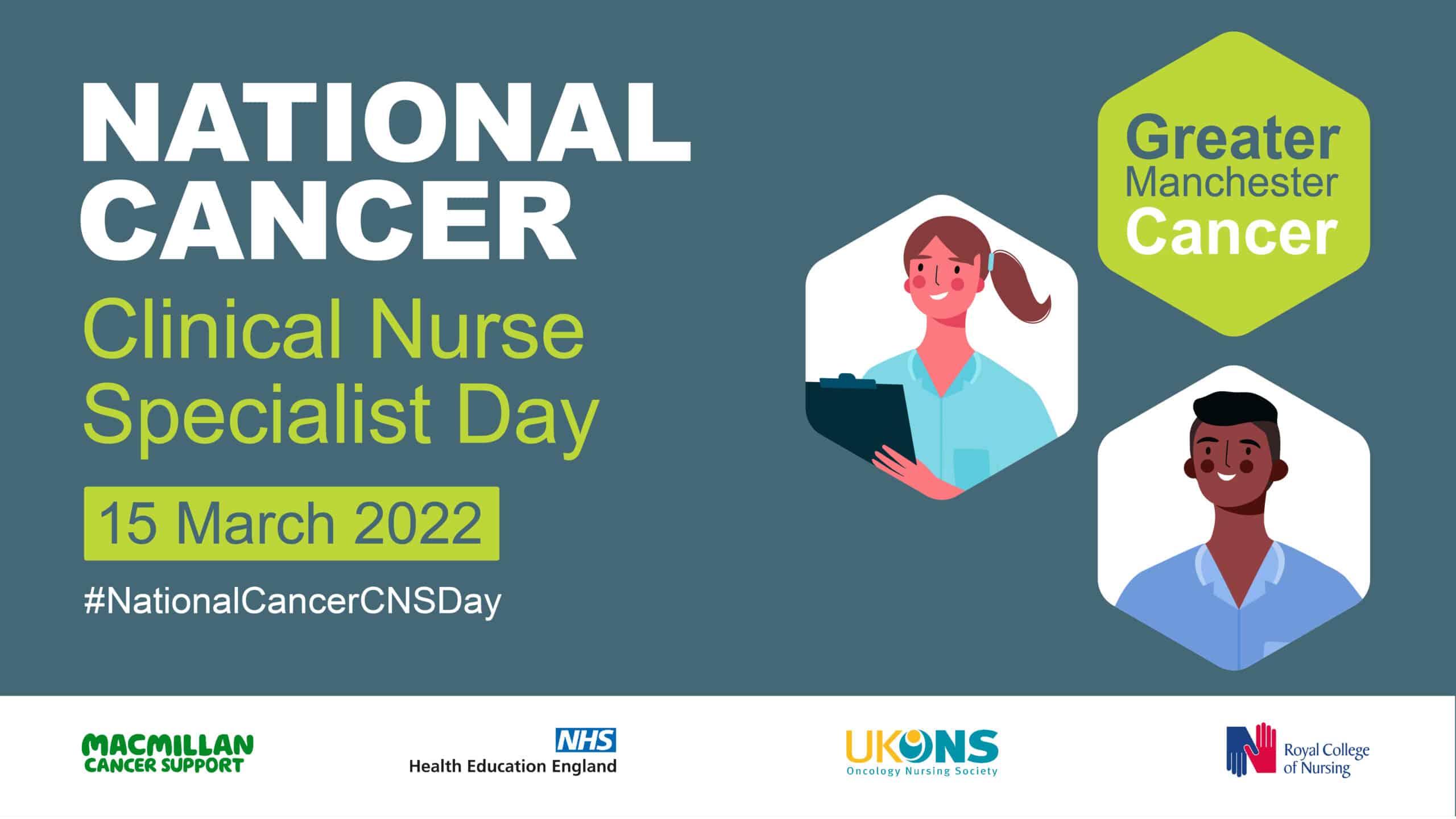Tuesday 15th March is National Cancer Clinical Nurse Specialist awareness day. We are supporting the #NationalCancerCNSday campaign to help shine a spotlight on the role which is often referred to as a lifeline for patients and their families. Here you can meet some of the CNS’s that are helping to care for people affected by cancer across Humber, Coast and Vale.
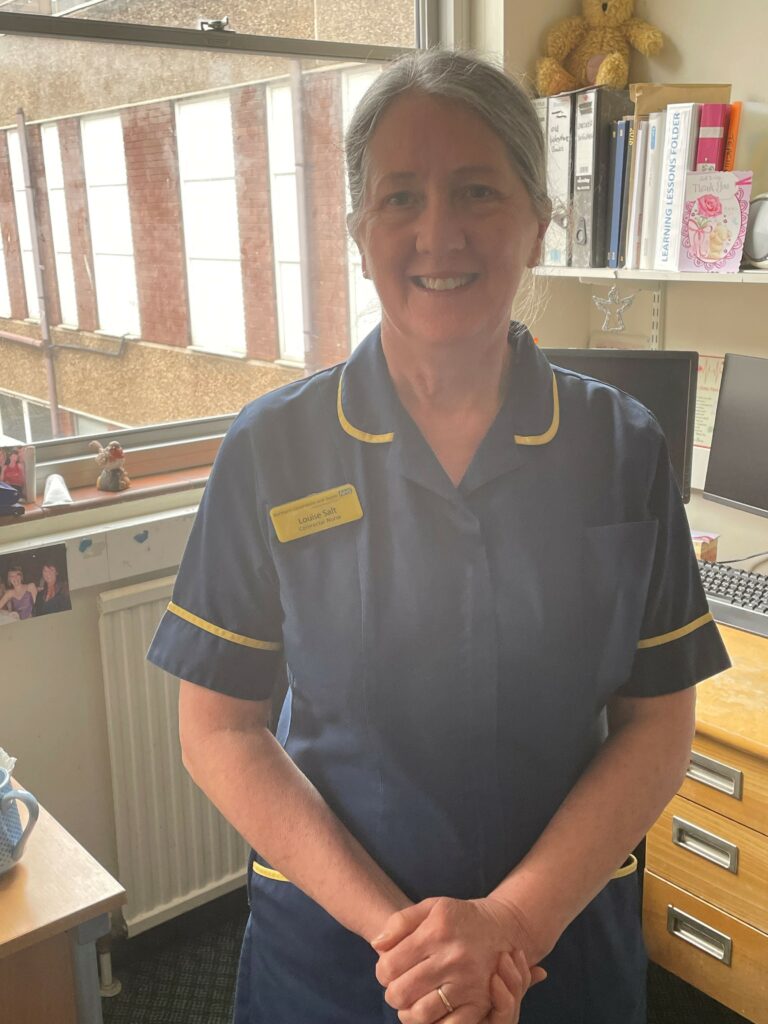
Louise Salt
Louise Salt
Colorectal/Stoma Clinical Nurse Specialist,
Diana Princess of Wales Hospital
How long have you been in the NHS?
I have worked for the NHS for 41 years.
Why did you want to join the NHS?
I love and am very interested in people. Everyone has a story and different life experiences that makes them who they are. It is a pleasure and privilege to help/assist them and their families when they need medical help. I believe access to a great health service and care should be available to everyone regardless of means, that is why I choose to work for the NHS rather than the private sector.
What does your role involve?
At present I help with the five year follow up of patients who had bowel cancer. I also see patients and their families at cancer diagnosis, surgery and throughout the journey of having had or living with bowel cancer. Also I do some work with patients who have had or having a stoma.
What is the best part of your job?
It is always having contact with patients and their families, I am also fortunate to work as part of the colorectal team who I believe are brilliant and share the same ideals as me of giving the best care we can and aiming for the best outcome and experience for the patient and their families facing a difficult time.
What does caring for people affected by cancer mean to you?
The word cancer still naturally conjures up imminent or impending death for most people. Part of my role is helping people to adjust to having a cancer diagnosis and explaining how we can, in a lot of situations, attempt to rid them of it completely. My role involves supporting people to continue living their lives and finding normality in everyday life. The family and friends around them give the majority of support, but we are also there to help when needed.
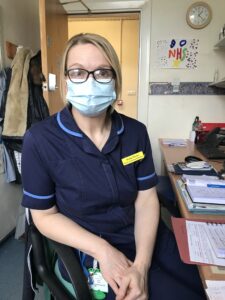
Vicky Dixon
Vicky Dixon
Haematology Advanced CNS at York and Scarborough Teaching Hospitals NHS Foundation Trust
What is the best part of your job?
The best part of my job is helping people cope through and with very difficult situations. Helping and caring for people with cancer gives you a constant sense of perspective and a strong belief and strength in the power of kindness and compassion.
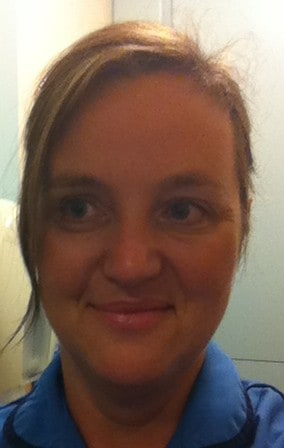
Lynne Buckley
Lynn Buckley
Macmillan Gynae-Oncology Clinical Nurse Specialist and Advance Nurse Practitioner,
Hull University Teaching Hospitals NHS Trust
How long have you been in the NHS?
I have worked in the NHS for 37 years.
Why did you want to join the NHS?
It’s hard to remember that long ago, but my mum was a nurse and I followed in her footsteps.
What does your role involve?
I support women and their families through cancer diagnosis, treatments and beyond. Every day is different, most days involve breaking bad news, managing expectations, ensuring that women have the information they need to be able to make decisions about their care and that their holistic needs are met. I work closely with a much wider team of health care professionals across multidisciplinary and multiservice boundaries. I also contribute to developing services and guidelines.
What is the best part of your job?
Knowing that you have done your best for that person in front of you and they feel valued and that their needs have been met.
What does caring for people affected by cancer mean to you?
I feel privileged to be part of the cancer pathway and hope that my input has made things a little easier for people affected by cancer.
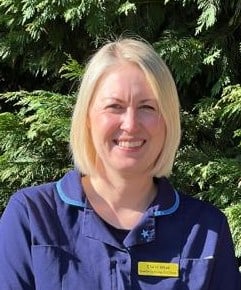
Claire Wise
Claire Wise
Gynaecology Clinical Nurse Specialist at York and Scarborough Teaching Hospitals NHS Foundation Trust
What is the best part of your job?
“The best part of my job is being the constant for someone and building supportive relationships.”
